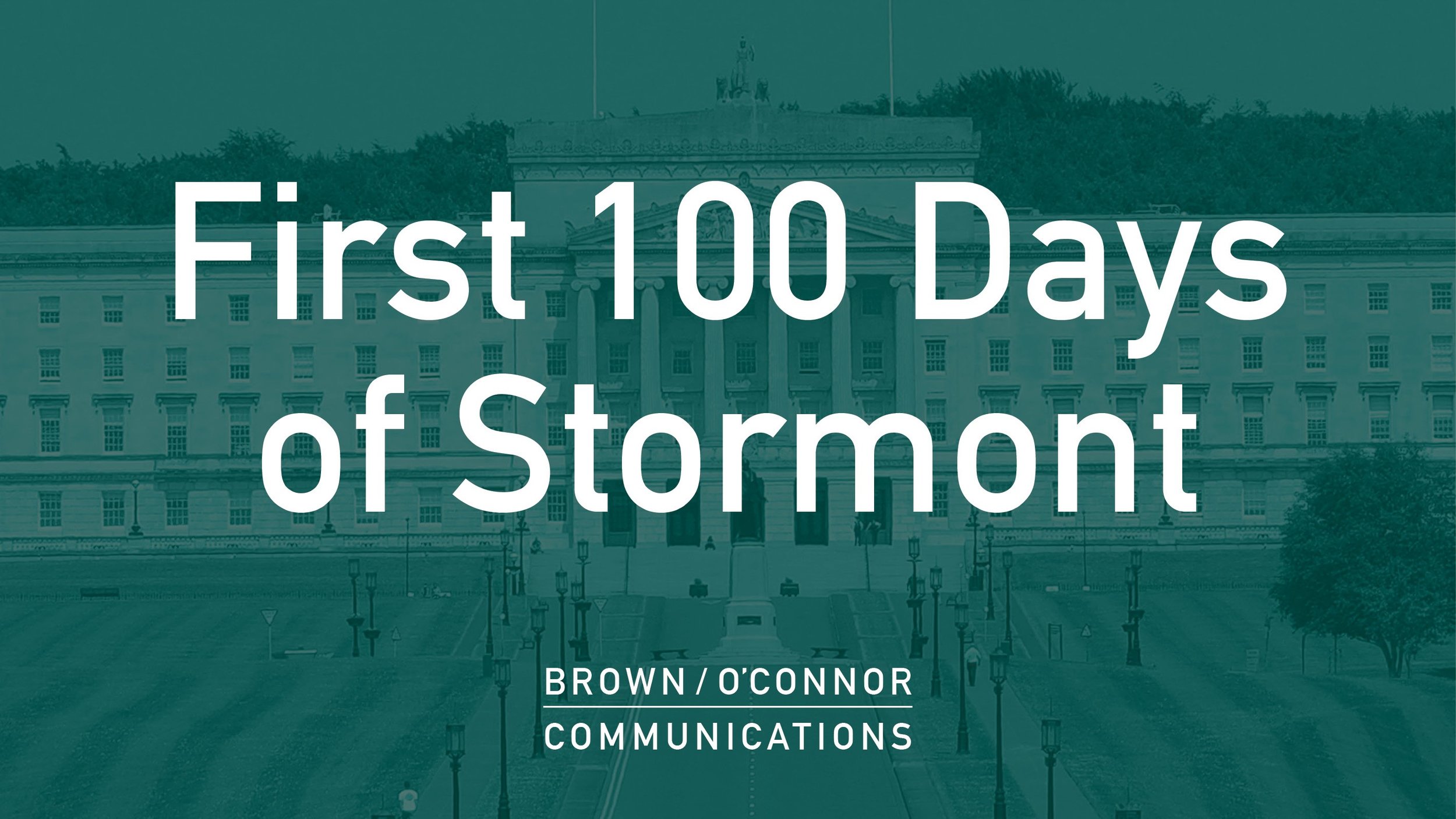#GE24 Constituency Profile: Belfast North
ABOUT THE CONSTITUENCY
The result of the 2023 Review of Parliamentary Constituencies means that four formerly split wards are now fully aligned within Belfast North, and five split wards have been lost to neighbouring Belfast West (Shankill, Woodvale) and South Antrim (Burnthill, Carnmoney, Fairview) constituencies. An initial proposal to move the rest of Abbey ward into East Antrim was dropped in light of how the railway track splits the ward and blocks access from one side to the other. Overall the electorate has decreased by around 950 voters. The boundary changes are likely to result in a slight drop in unionist voters and a small gain in those voting for nationalist parties and others.
PREVIOUS ELECTIONS
Back in 1997, the UUP’s Cecil Walker had a majority of 13,024 in Belfast North. The DUP’s Nigel Dodds maintained the seat at Westminster elections from 2011 with smaller majorities until Sinn Fein’s John Finucane won with a majority of 1,943 in 2019. While the macro level story is one of nationalism gradually growing as unionism shrinks, there has been an even more pronounced change within nationalism. The SDLP polled between 20-21% at the turn of the century and dropped at every general election to end up with just 4.5% of the vote when the party last stood for Westminster in 2017.
2019 RESULTS
John Finucane (Sinn Féin) won with a vote share of 47.1% and a majority of 1,943 over the DUP’s Nigel Dodds.
COMMENTARY
North Belfast was one of the most watched races in 2017 and 2019. John Finucane is running for a second term under the Sinn Féin banner. This was the party’s only gain in 2019, and Finucane will be keen to capitalise on strong results in the 2022 Assembly and 2023 local elections. The Sinn Féin candidate benefits from the boundary changes, which see some Unionist-leaning parts of the constituency move into Belfast West. The mix of strong results since 2019, boundary changes and incumbency all bodes well for John Finucane.
Philip Brett polled strongly in the 2022 Assembly election and is regarded as the new face of the DUP in the area and is taking on the mantle from Nigel Dodds in this Westminster election. Boundary changes make it difficult for him to win back the seat, as areas like Shankill and Woodvale that would have been strong for his predecessor are no longer part of the constituency. Another challenge will be the unionist votes that leak to the TUV who are running a candidate – Mid & East Antrim Councillor David Clarke who quit the DUP in January – for the first time at a Westminster election. Indeed this is the first time since 2010 that more than one pro-union party has stood in the constituency.
Alliance’s Nuala McAllister is running again. A high-profile Assembly gain for her party in 2022, McAllister will seek to cement that success. The Greens will return to the ballot paper after standing aside in 2019, with party leader Senator Mal O’Hara running who lost his Belfast City Council seat in May 2023. Councillor Carl Whyte will be on the ballot for the SDLP. Both parties will be looking to make up ground lost over the longer term in Belfast North.
All three candidates on the 2019 ballot kept their deposit. That’s unlikely to be the case for every candidate in 2024!
(Published before the candidate nominations closed on 7 June.)
PREDICTION
Sinn Féin hold.
















